
It’s no secret your dog has an uncanny sense of smell, but did you know your vet also has a well-trained sniffer? When checking out a canine patient, veterinarians utilize four of their five senses. They visually examine your pooch from head-to-toe, listen to the heart with their stethoscope, palpate for lumps and bumps, and yes, even sniff for tell-tale odors.
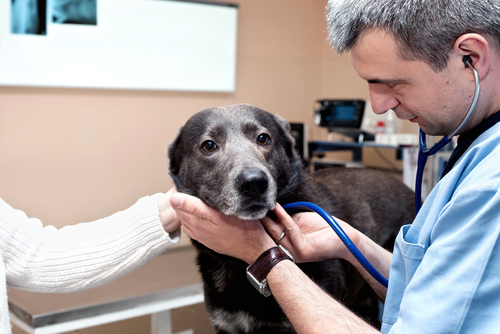
Here are five things your vet can tell just by sniffing your dog:
1. Skin Infections
Dogs do not sweat like humans, but they do perspire slightly which can leave their skin with a distinctly doggish odor. This is perfectly healthy and nothing to be concerned about. However, if your pooch is suffering from a skin infection, you can bet your vet will sniff it out!
Both bacterial and fungal infections of the skin can have a distinctly sweet or cheesy smell, like cheese popcorn or corn chips. In fact, that delightful Frito-esque odor emanating from your pup’s paws is caused by yeast, Proteus bacteria, Pseudomonas bacteria, or some combination of the three. In this case it is not necessarily due to an infection, just the fact that yeast and bacteria are ever-present on the canine body.
Infections occur when these microorganisms grow and multiply excessively, knocking the balance out of whack. At this point the dog may become itchy, greasy, or suffer from hair loss. Although your vet can probably narrow down the microscopic culprit(s) just by sniffing your dog, he or she will also run tests to identify the root cause of the infection and treat your pup accordingly.
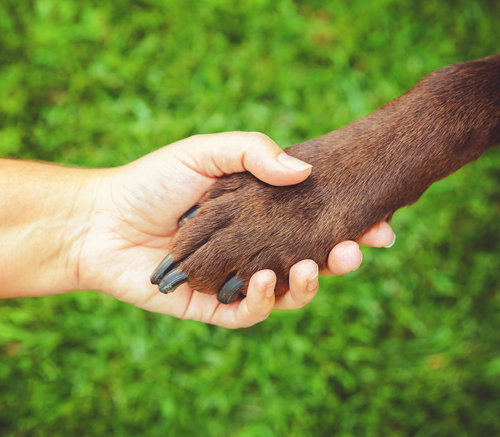
2. Ear Infections
Much like skin infections, ear infections in dogs are caused by an overgrowth of yeast or certain types of bacteria. While yeast infections are common in pups that love to swim, bacteria tend to be the prime culprits when it comes to the ears. Since healthy dog ears do not have a strong odor, sniffing your dog can give you a good idea whether there is something going on.
Canine ears are deep, dark, moist and warm – perfect breeding grounds for yeast and bacteria. Depending on the problem, ear infection odors can range from mild and sweet to overpoweringly rancid with traces of blood and pus.
If your dog has an unusual odor to his ears and/or any of these symptoms, see your vet right away.

3. Dental Disease
Your dog’s breath may not be minty fresh, but the odor of advanced dental disease is something unmistakable to a vet’s nose. A look inside the mouth may reveal red, swollen gums, discolored teeth covered in thick plaques, and even pockets of infection. Not only is dental disease painful and stinky, it can also lead to life-threatening heart, liver and kidney damage. That’s why prioritizing your pup’s dental health is so important!
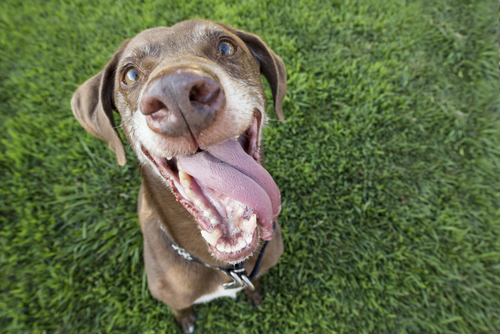
4. Anal Glands
Some dog parents know it as “fish butt,” and if you are not familiar with the aroma, it can be shockingly stinky! Dogs have small, secretory glands on either side of the anus. When they have a bowel movement, a bit of fluid secretes out. Scientists believe that like urine marking, these secretions are useful for sending messages to other dogs.
Due to their anatomy or consistency of their stools, some dogs are not able to express their anal glands naturally. These pups suffer from impactions, infections, and sometimes ruptures of the anal glands. As pungent as healthy anal glands are, infected ones are far more overwhelming! Your vet can probably recognize that particular odor just by sniffing your dog from across the room!
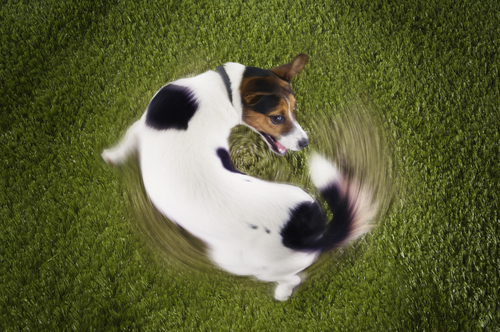
5. Abscesses
If your dog has an abscess, you can be sure your vet will sniff it out – especially if it has already ruptured. Abscesses are accumulations of pus under the skin caused by an infection or some type of insect or animal bite. As the infection festers, your dog will likely experience fever, lethargy and discomfort around the site.
On particularly hairy dogs, abscesses can become quite large before owners recognize the swelling. Sometimes they even rupture at home, which is very odiferous indeed!
If you think your dog has an abscess, do not try to treat it at home. Allow your vet to clean, drain, and flush the wound to prevent deeper infection and complications. He or she will also prescribe antibiotics to control the bacteria, and pain medication if your pup needs it.
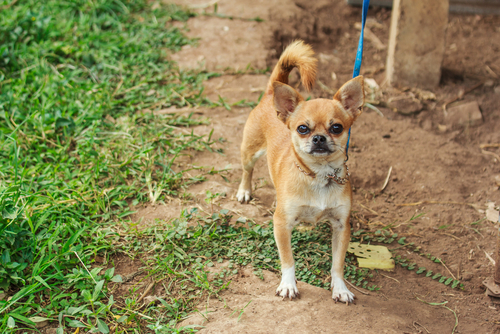
The post 5 Crazy Things Your Vet Can Tell Just By Sniffing Your Dog appeared first on iHeartDogs.com.
from iHeartDogs.com https://ift.tt/2EGR6lA https://ift.tt/2C6jZXD
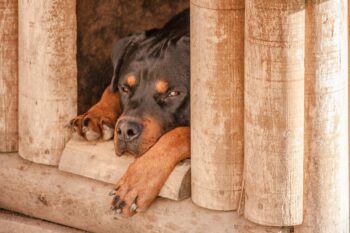
No comments:
Post a Comment